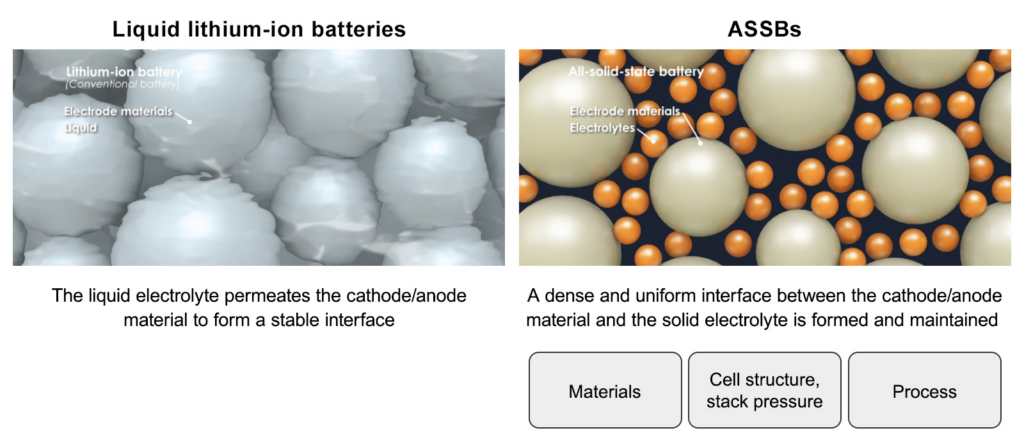China is set to invest approximately 6 billion yuan ($845 million) to advance the development of next-generation battery technology for electric vehicles (EVs). This significant investment comes amid rising concerns about overcapacity and international trade tensions with the US and Europe.
What’s Happening & Why This Matters
The Chinese government has earmarked substantial funds to support the development of all-solid-state batteries (ASSBs), a cutting-edge technology that promises to revolutionize the EV industry. Six companies, including CATL (the world’s largest battery manufacturer), BYD, and Geely, are set to receive government backing for this initiative. ASSBs represent a significant improvement over traditional lithium-ion batteries (LIBs). They use a solid conductive electrolyte instead of a liquid or gel, making them safer and more powerful due to their higher energy density. These batteries are less prone to catching fire or exploding, addressing major safety concerns associated with current battery technology.
Despite their potential, ASSBs are not yet widely available due to their high production costs and manufacturing complexities. This investment aims to overcome these hurdles and bring ASSBs to mass production.

Impact — Geopolitical and Economic
This investment comes at a critical time for China’s trade relations with the West. Recently, the Biden administration imposed significant tariffs on Chinese EVs and advanced batteries, citing the need to protect US jobs and industries from overproduction issues in China. The European Commission is also expected to announce similar tariffs on Chinese EV exports.Beijing’s push for advanced battery technology is part of a broader strategy to boost EV production, counteract economic slowdowns, and promote a low-carbon economy. This initiative is seen as a way to maintain competitiveness in the global market while addressing domestic economic challenges.
Global Developments in ASSBs
Other global automakers and tech companies are also investing in ASSB technology. Toyota plans to launch vehicles with solid-state batteries in the coming years, Samsung SDI aims to begin mass production by 2027, and Volkswagen is collaborating with US startup QuantumScape on similar technologies. Chinese companies are not lagging behind in this technological race. The GAC Group, a state-owned automaker, announced a breakthrough in solid-state battery technology and plans to introduce vehicles equipped with these batteries by 2026.
TF Summary: What’s Next
China’s substantial investment in ASSB technology signifies a strategic move to lead the next wave of innovation in the EV industry. As the global demand for safer, more efficient batteries grows, China’s efforts to overcome production challenges could position it as a key player in the future of EV technology. The ongoing trade tensions and economic strategies will shape the impact and success of this initiative, making it a crucial development to watch in the coming years. Enhanced battery technology will not only bolster China’s domestic EV market but also potentially redefine global standards and competition in the automotive industry.


